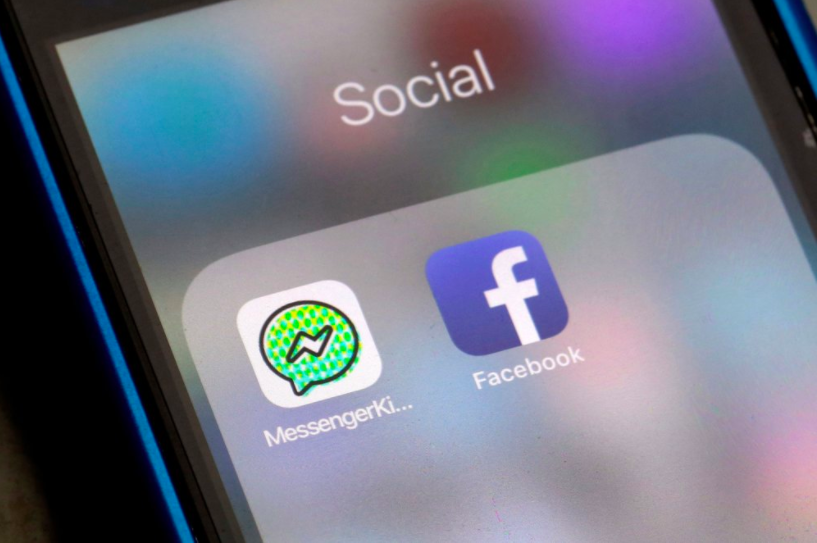Social Media Addictions
When most people think of an addiction, they think of extremities that do not affect them personally – typically along the lines of substance abuse, or something drastic. However, teenagers may be blind to their own obsessions when it comes to their phones and social media. The addiction to social media affects many people, and the unhealthy habits of constantly checking it affects mental health.
“Checking social media constantly can make people more prone to anxiety, and it’s not good for them,” Evan Robinson, 12.
Robinson explained that he spent about six hours a day on social media, and Kyra Fuchs, 12, said she spent about four hours a day on her phone. The growing addiction can be best treated by devoting time to other activities, teams, clubs, or organizations.
“My best advice would be to find other activities you like to do. It’s easy to just spend time on your phone, so it’s important to switch it up,” said Fuchs.
Robinson agreed that investing in other activities helped him to avoid too much screen time.
“When I do other things or have other plans throughout the day, then I am on social media less. It’s good to have balance with all of it,” said Robinson.
The constant updates and posts can wear down on people if they aren’t careful because it is easy to forget that social media is not real life.
“The addiction to social media can affect teens more than they realize sometimes. It can make them feel insecure or like they aren’t keeping up with the standards set by social media,” said Fuchs.
There are advantages and disadvantages to being on social media, and everyone must be more aware of their habits so they can build a healthy lifestyle. Social media addictions can be stopped, and it’s important for teens to take control of their life online.

I’m Madison Sutton, and this is my third year in SPUB; I’m so excited for what this year holds. I’ve always enjoyed writing and photography, so I...


